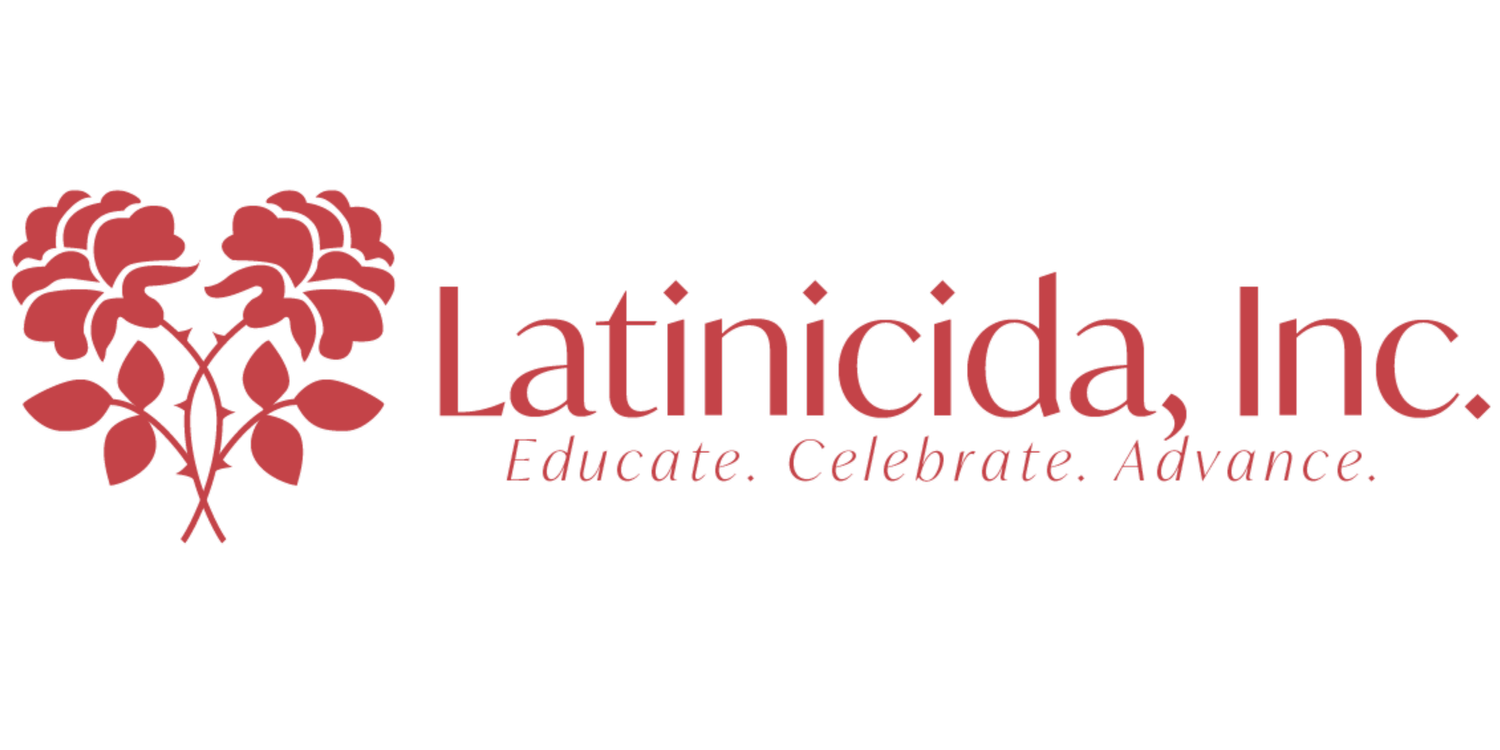Financial Planning and You: Why the Latino Community Needs Personal Finance
For the Latino community, proper financial planning and understanding the importance of financial literacy remains a rare and unfamiliar topic within many families. Unfortunately, due to a lack of knowledge and education on the matter, it has negatively impacted Latinos in a variety of ways, and in many cases, unknowingly. First, let’s examine what financial literacy is and why it’s so essential.
What is Financial Literacy?
The term “Financial Literacy” itself refers to working knowledge in handling your finances. We must acquire many skills that will help us determine how to best deal with money and investments for the future. For instance, knowing how to properly budget, save, earn, borrow, spend, and invest are all crucial for long-term success. These skills have an impact on our everyday lives and futures, and it’s essential to learn and know how to navigate them in the right way. Having the ability to understand proper financial management is especially vital to the Latino community which faces disparities such as lack of generational wealth, education, and issues such as navigating through language barriers. These unfortunate, but very common, disparities can lead to mistakes such as giving into unethical predatory lending practices from fraudulent people and companies who prey on the vulnerable. As of 2019, only around 28% of Hispanics and Latinos in the United States are considered to be at the higher end of financial literacy, compared to 43% of whites. The current household median for Hispanics and Latinos also sits at around $57,000 per year compared to a median of around $78,000 for white families. The gap in wealth stems from fewer opportunities for Latinos in the workforce and lesser pay. Many Latinos who come from immigrant backgrounds or who are undocumented face the reality of having no access to health care, retirement savings, and personal time off which adds to the gap in wealth.
Preparing For The Future
What are some ways we can set ourselves up for success? In order to avoid falling victim to predatory loans, fraudulent lending practices, bad credit, debt, and bankruptcy, educating ourselves on financial management is key. Some basics that will be useful in starting your financial planning journey can be setting monthly goals such as budgeting according to income, opening a savings account to help with emergencies, setting up monthly payment plans for bills and loans, and finding ways to gain knowledge on proper financial management continuously. Finding the right employment that offers benefits in healthcare and retirement savings is also a major component of financial success. Speaking with a professional financial planner can also help answer questions and create a baseline for financial literacy and growth. Reading books on finance, and creating attainable weekly, monthly, and yearly goals can help set a foundation for continued education. Latinas who strive to be financially savvy, and invest in education and knowledge are more likely to see successful results in the long run. It is important for us to make wise money decisions, find ways to invest and build assets and stay debt-free. Taking baby steps and starting off with the basics is a great start and will certainly pay off in the future.
Sources:
Disparities in Financial Resources for Hispanics and Latinos | MoneyGeek.com
Financial Strategies for the Latinx Community | Morgan Stanley at Work
Four financial challenges facing Hispanic Americans | Urban Institute
Gaining financial literacy can help Hispanics save and invest money (cnbc.com)
Financial Literacy in the Latinx Community - Annuity.org
Financial Literacy: What It Is, and Why It Is So Important (investopedia.com)
Median annual earnings by sex, race and Hispanic ethnicity | U.S. Department of Labor (dol.gov)



